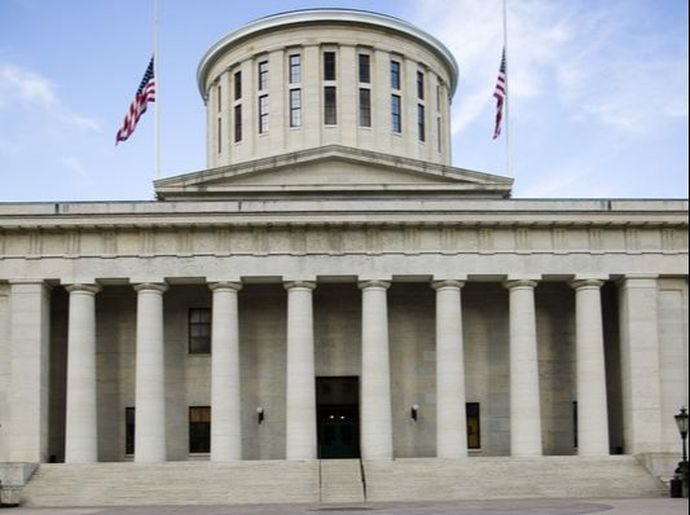Members are encouraged to participate in our upcoming legislative breakfast, Morning Access, on Friday, February 10. This breakfast provides an opportunity to meet with your local elected officials and legislators, without long speeches. Registration is now available.
The end of 2016 proved to be a dynamic time in the legislature. During the legislative session following the election, known as lame duck, the legislature took a number of steps to ensure uniformity of regulations across the state.
On December 7, the legislature passed SB331. Governor Kasich signed the bill into law on December 19 and will become effective 90 days from his signing. Among the key provisions in the bill:
- prohibits political subdivisions from establishing minimum wage rates different from the rate required by state law; and
- generally grants private employers exclusive authority to establish policies concerning hours and location of work, scheduling, and fringe benefits, unless an exception applies.
On December 8, the legislature passed HB463. Governor Kasich signed the bill into law on January 4 and it will become effective 90 days from his signing. A key provision in the legislation requires a county board of elections or the Secretary of State to invalidate a local initiative petition if the board or the Secretary determines that the petition or any portion of it, is not within the scope of the local government's constitutional authority to enact ordinances or does not satisfy the statutory prerequisites to place the issue on the ballot.
The legislature also took up the issue of unemployment compensation. Through an amendment to SB235, the first steps were taken to begin the process of finding a long-term solution for solvency of the fund. While not as comprehensive as originally thought, provisions in SB235 will:
- raise the taxable wage base in 2018 and 2019 used for the payment of unemployment contributions from $9,000 to $9,500;
- eliminate the unemployment contribution rate increase for paying principal on federal advances; and
- freeze the maximum weekly unemployment benefit amounts for 2018 and 2019 at the maximum benefit amounts in effect on the bill's effective date.
Governor Kasich signed the legislation on December 28 and it will become effective at the end of March.
If you have questions about these or any other legislative items, please contact Brian Dicken, vice president for advocacy & public policy, at [email protected] or 419-243-8191.
| As the Vice President of Advocacy and Public Policy for the Toledo Regional Chamber of Commerce, Brian oversees the Chamber’s advocacy and public policy efforts with local, state and Federal governments. With nearly 20 years of experience, he has held positions in state government in the offices of the Ohio Lt. Governor, Ohio Auditor of State and Ohio Treasurer of State. He also worked for the late U.S. Representative Paul Gillmor and in the Office of the Vice President of the United States. |



 RSS Feed
RSS Feed
